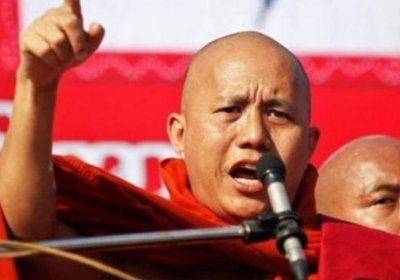With elections due on November 8, a loud call for change in Myanmar (formerly Burma) can be heard in the streets.
All commentators predict victory for Aung San Suu Kyi's National League for Democracy (NLD) over the ruling Union Solidarity and Development Party (USDP). Several factors, however, indicate it will not be a landslide.
Nobel laureate Aung San Suu Kyi, known throughout the country simply as “the lady”, came to political prominence in 1988 when she returned to Myanmar to support her ailing mother and became embroiled in the students' struggle against the military regime.
Rohingya
On August 19, the refugee rights group People Just Like Us hosted another in its series of meetings in Parramatta Library. Speakers included Sayid Kasim, a Rohingya from Arkan and Salmore, a Rohingya from Myanmar who told their stories of fleeing for their lives. Rohingya are stateless people, victims of racism and genocide. Dhugel, from Bhutan, told of his escape via India to Nepal. Paul Power from the Refugee Council of Australia told the meeting that governments should listen to refugees when making policy. “They are not a threat to our values”, he said.
- Previous page
- Page 2

